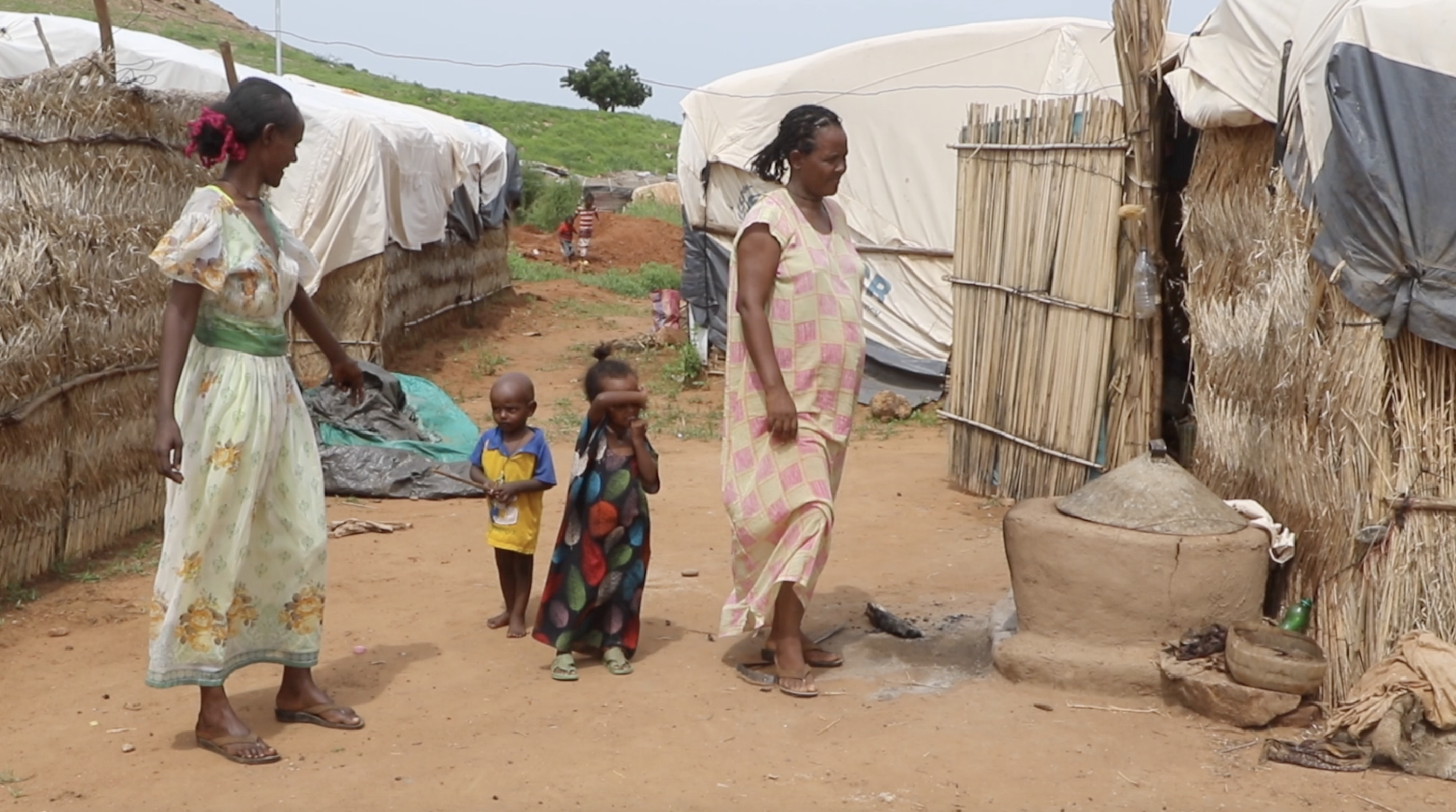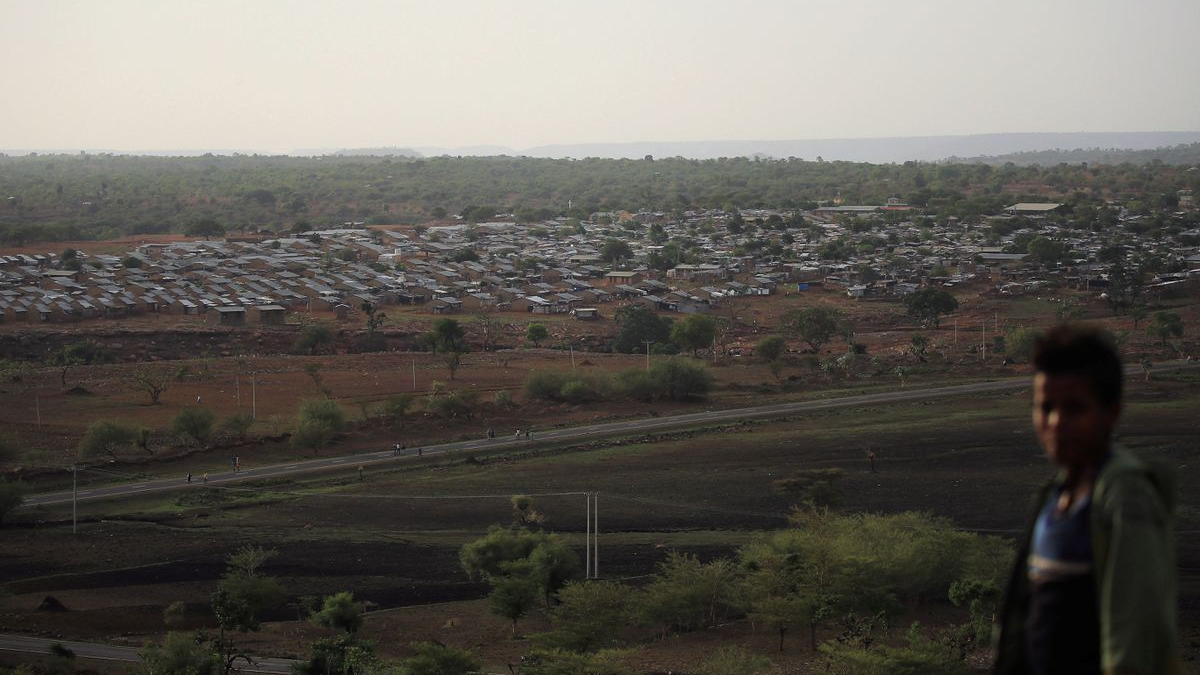02:02

Editor's note: This article, with the video, is published with permission from the International Committee of the Red Cross (ICRC).
As fighting in Ethiopia's Tigray region and other areas in the north of the country forces more people to flee their homes, Ethiopian refugees in the camps in southeast Sudan face increasingly dire living conditions, a situation that ultimately greatly impacts their mental health.
Daniel is an Ethiopian refugee who fled violence and is now living in the Um Rakouba refugee camp in Sudan. "It's difficult for most youth here, they are addicted to drugs and alcohol. It's bad for them. They are stressed and at times they became suicidal. I'm just pushing on by playing football and traditional music instruments in order for my mind to be free."
World Mental Health Day, which is observed on October 10, is a moment to remember the high mental health needs in Africa. The continent has 1.4 mental health workers per 100,000 people, compared with a global average of 9.0 per 100,000. While the global annual rate of visits to mental health outpatient facilities is about 1,000 per 100,000 people, in Africa the rate is 14 per 100,000, according to the World Health Organization (WHO). Stigma surrounding mental health issues, along with the lack of specialized facilities and personnel, are among reasons preventing people from seeking and receiving help.
More than 32 million Africans are either internally displaced, refugees, or asylum seekers in 2021, a year-on-year increase of 10 percent, according to the Africa Center for Strategic Studies. Uganda, Sudan and Ethiopia are the top three countries in the continent that have the largest number of refugees and displaced people. Ethiopia saw the largest surge in its forcibly displaced population last year, with an estimated 1.8 million people dislocated due to the ongoing conflict in Tigray that began on November 3, 2020.

A boy stands on a hill facing Mai Aini Eritrean Refugee camp near Mai Tsberi town in Tigray Region, Ethiopia, June 27, 2021. /Reuters
A boy stands on a hill facing Mai Aini Eritrean Refugee camp near Mai Tsberi town in Tigray Region, Ethiopia, June 27, 2021. /Reuters
Milena Osorio, the program coordinator for the International Committee of the Red Cross's (ICRC) mental health and psychosocial support (MHPSS) program, said that: "The situation in Africa is very concerning because there's a huge gap in between the needs that we see from people affected by conflict and violence and the services available for them. There are very few mental health professionals so it's difficult to access this service."
For Ethiopian refugees in Sudan, food, clean water, shelter and sanitation are desperately insufficient, and an increasing number of people suffer from malnutrition and diseases like malaria and hepatitis E. The onset of the rainy season worsened the situation and some refugees are choosing to undertake dangerous migration routes or move to other areas of the country.
Besides the harsh living conditions, thousands of refugees are unable to contact their family members with telecommunication networks in many areas of the Tigray region down. Many people suffer trauma and emotional distress, following months of not knowing if they will be reunited with their spouses and children.
"We were all affected by the conflict. I've been trying to contact my family back home. But I don't think they are alive," said Brhan Geberzgiher, an Ethiopian refugee in Sudan.
In most situations of ongoing conflict and violence, people are exposed to extremely traumatic events, and struggle to survive on a day-to-day basis. In these situations, personal, social and economic devastation is immediate, widespread and hard-hitting. This creates or exacerbates significant immediate and long-term mental health and psychosocial needs.
Osorio said mental health treatment is as important as providing water, food, shelter in conflict situations. They should go hand in hand, boosting emotional strength and resilience to build a positive future.

